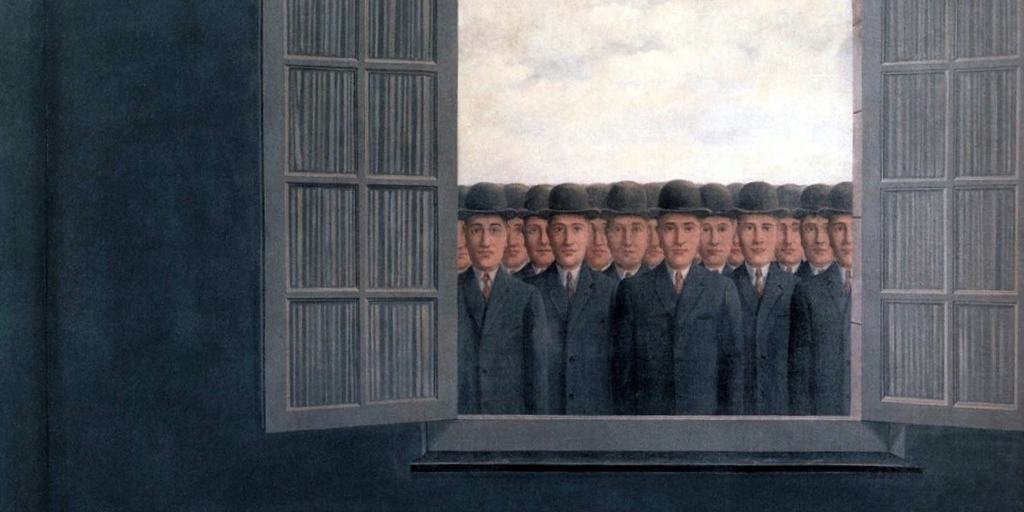Insight article

Ways of rescuing
Many of you will be familiar with the writer, art historian, thinker and artist John Berger, most famous for the essential “Ways of Seeing”. As Berger approaches his 90th birthday, I found myself reading a few articles that celebrate this great figure of critical thinking – and a few shared thoughts on the power of storytelling.
First of all, I saw the following quote from Tilda Swinton on Berger:
“He always calls himself a storyteller rather than a writer – to recognise the stories woven around people, to bear witness to them, and simply identify stories good for the reader’s health.”
There is so much in this last part, a definition of storytelling vs. mere writing, that resonates – firstly, the notion that the stories that matter are almost always the ones focused around people. This is as true at a company level as it is on the individual level. At The Storytellers, we constantly strive to show how real people live at the centre of the overarching narratives we produce, putting them at the heart of our stories, our creative endeavours and our large-scale events.
The second part of this quote is also interesting, the notion of ‘bearing witness’. When it comes to winning the hearts and minds of an organisation, a compelling narrative is simply the first step. Compounding the belief that the business journey is the right one is indeed often a question of ‘bearing witness’ along the way – appreciating, sharing and celebrating the stories that attest to the contributions people make amplifies and corroborates the journey that everyone is on.
Finally, the notion of stories being good for people’s health should not be underestimated. Making sense of the world around us, making sense of the events that happen in our lives, bonding with others, framing a personal narrative for our own life and ambitions… these are all things that make us feel better in ourselves, and storytelling can play a vital role in fortifying these mental pillars. To put it plainly, stories make us feel good, in ways that we have only just begun to understand.
After reading Swinton’s great words on Berger, my interest was piqued and I read on, finding the following quote from the man himself:
“A story is always a rescuing operation.”
Now these words really got me thinking, not least because at a recent employee conference for one of our clients we touched on and discussed just this – the notion of ‘rescue stories’. In that particular context, we identified the value of looking for stories that not only celebrated great achievements, but also stories of when a situation or a person had been rescued from disaster by one or more colleagues. It’s a great idea – this means being brave enough to accept failure, celebrate the positive contribution of the people that rescued the situation, and being open to learning from any mistakes made.
But could it be that a story is always, in some way or other, about something or someone being rescued? To be rescued is to be saved, to be freed, to recover… and it’s not easy to think of many stories where this kind of theme is not present on some level.
So the idea of rescue being thematically an essential part of any story is certainly an interesting one… but I sense that Berger meant something different.
Considering the previous quote from Swinton, I can’t help but feel that it is the act of listening, of telling, of observing, of storytelling itself that is a rescuing operation, and this comes back to the notion of ‘bearing witness’. Without telling the story, the story is lost. Without storytelling, the endeavours we make towards our shared goals and ambitions never happened. Without storytelling, progress simply does not exist – it never happened.
To tell a story is to rescue something good from oblivion – and unless you tell it, oblivion is where the story, with all it’s human endeavour and personality, will go. Berger does not explicitly mention the fact that a good, but lost story tends to be replaced by something far more ugly… but I cannot help but think that this is another reason why Berger chose the word ‘rescue’ when musing on the power of storytelling. In telling a good story, we are rescued from the bad ones too.
As ever, storytelling shows itself to have a seemingly inexhaustible range of uses and applications. Salvation certainly can come from a story, and sometimes a story specifically about a phenomenal rescue is just what is needed… but Berger’s words tell us that on a deeper level, there is something about storytelling, in and of itself, that always saves.
